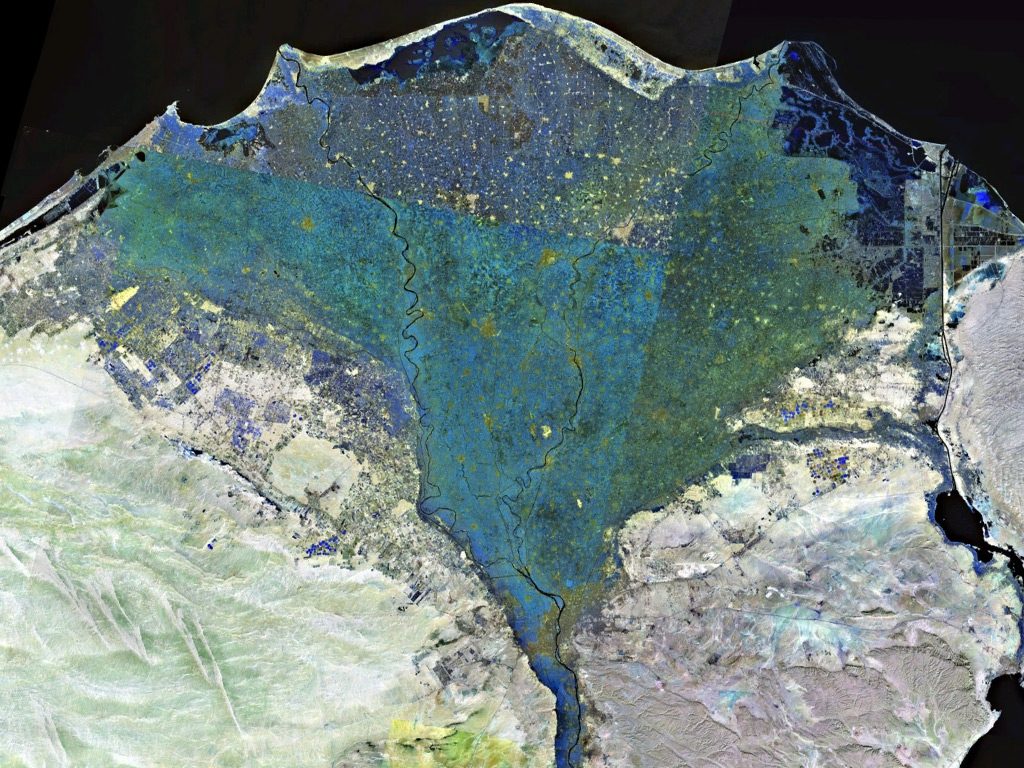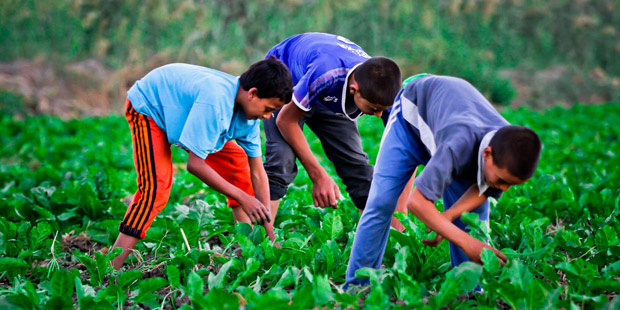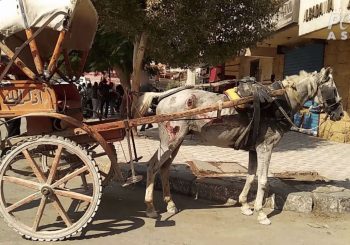
According to recently published UN study, “World Population Prospects 2019: Highlights”, Egypt is expect to experience an annual rise of its population until it increases by 60 million by 20150.
The UN study, the 26th round of its kind, focuses on demographic data in a bid to provide a comprehensive overview of global demographic patterns, prospects and trends on a global, regional and national level for 235 countries. It is prepared by the Population Division of the Department of Economic and Social Affairs of the United Nations Secretariat.
Along with India, Pakistan, Nigeria, Ethiopia, Indonesia, Tanzania, the United States and the Democratic Republic of Congo, Egypt’s population growth is expected to make up more than half the projected growth of the global population between 2019 and 2050.
It is also expected that by 2027, India will take on the title of most populated country worldwide, surpassing its northern neighbor, China.
Overall, by the end of the current century, world population is estimated to each 11 billion, a poignant increase presenting its own sets of challenges.

As it currently stands, the most populated country is the Middle East has an annual rate of population increase four times that of China.
Official statistics provided by the Central Agency for Public Mobilization and Statistics (CAPMAS) place Egypt’s population around 98 million inhabitants although critics and experts say the number probably surpasses 100 million inhabitants as many Egyptian families still do not register newborns officially.
Considering Egyptian land is composed of between 85 to 90 percent desert, its considerably increasing population is wedged on the remaining percentage which runs along the shores of the Nile and the Delta.

In the upcoming years, Egypt’s growing population will provide additional challenges to its already limited resources, social stability and economy. Accordingly, in 2018, the Ministry of Social Solidarity launched an aggressive two-year project called “2 Kefaya (Two [children] is enough)” in order to get curb the number of children in Egypt, particularly in the most populated areas.
2 Kefaya also seeks to provide free birth control to families and is cooperating with 100 local NGOs which will develop family clinics and which will appoint 3500,000 home visits in Egypt’s highest governorates with the highest birth rates such as Beheira, Giza, Beni Sweif, Luxor, Aswan and Qena according to Egypt Today.
Outside of Cairo and Alexandria, women tend to have more than two children due to lack of access to birth control but also due to the belief that a bigger number of children means additional financial support to the families. The families that do have access to birth control often spurn it, believing that birth control is religious forbidden and is a direct intervention of God’s will.

During one of the sessions of the Fourth National Youth Conference, President Sisi stated that ‘Terrorism and population growth are the two biggest threats in Egypt’s history.”
Moreover, by 2028, the working age population in Egypt will have increased by 20% to a labor force of 80 million Egyptians who will all be needing jobs as per the International Monetary Fund (IMF). Currently, over half of the population is under the age of 25 with only five percent aged 65 and above; this reality gives Egypt the status of a ‘youth-populated’ country with a tremendous workforce potential.






Comments (0)